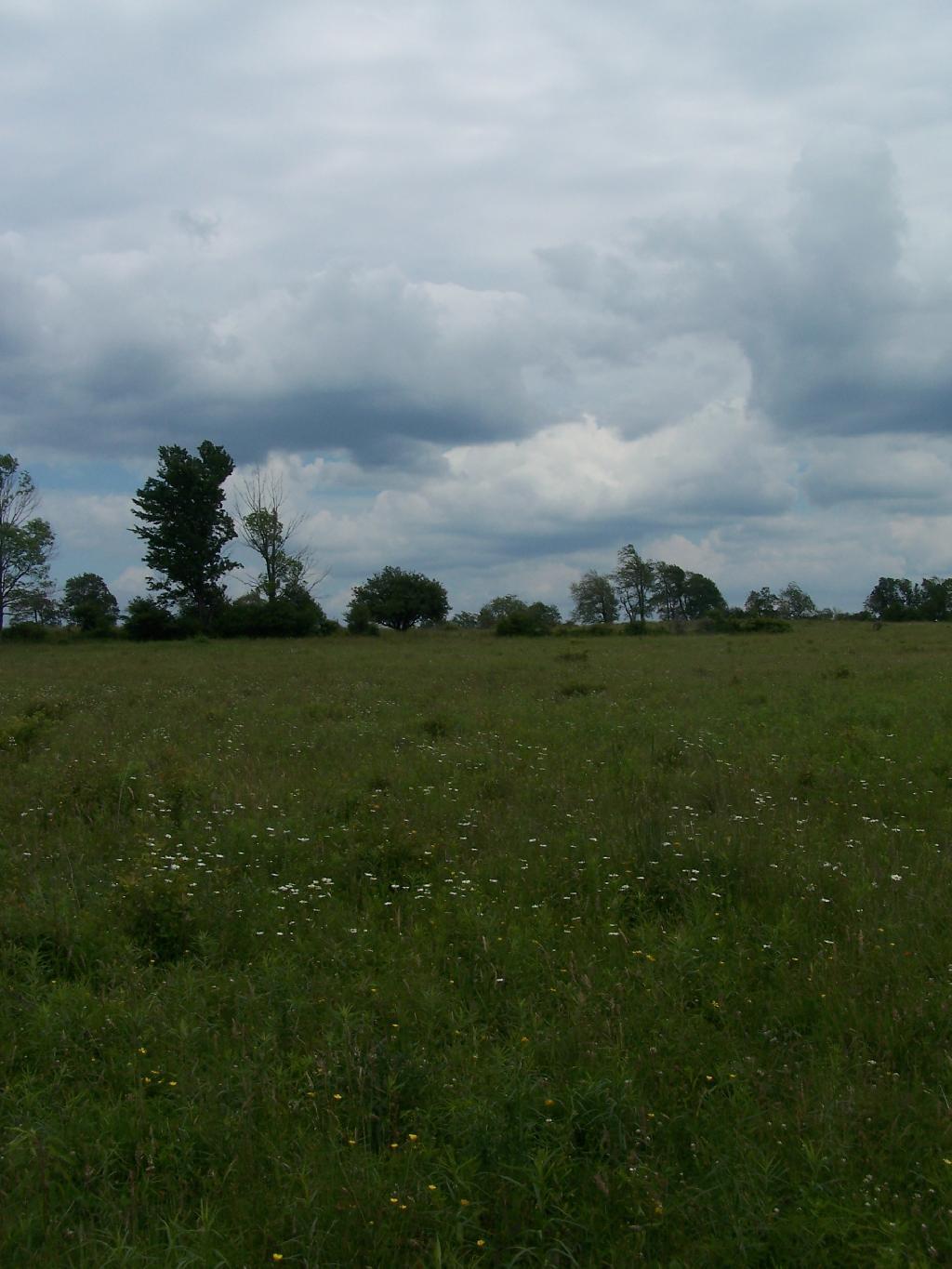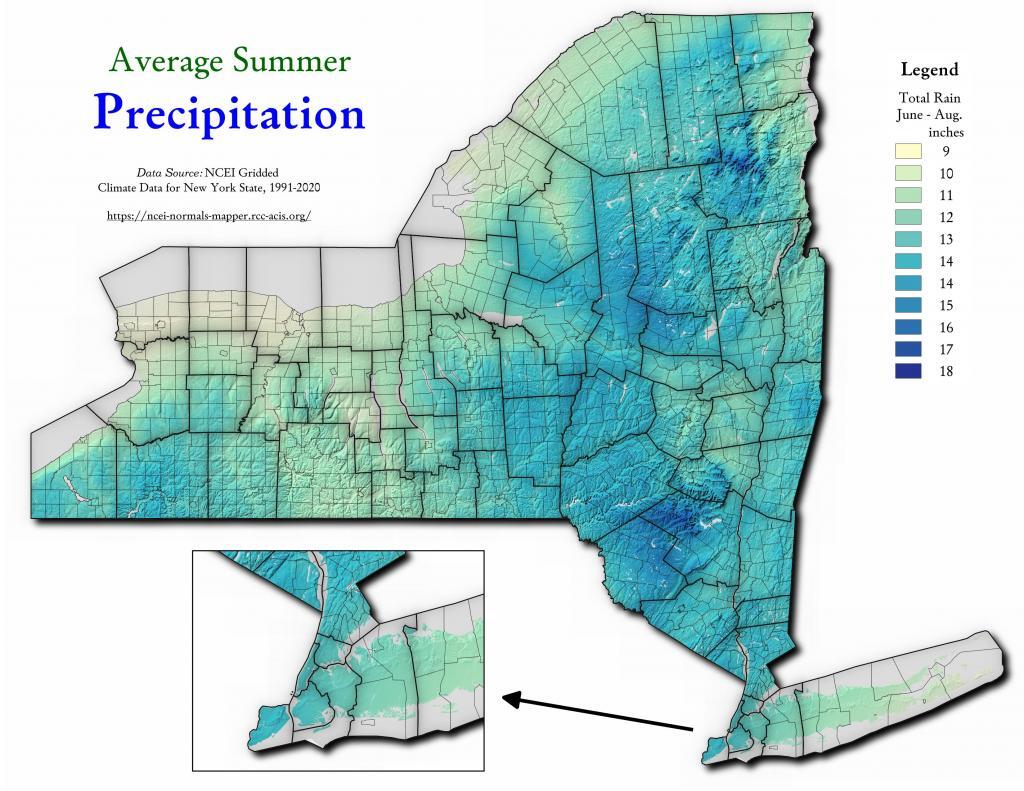Web player: https://podcastaddict.com/choiceology-with-katy-milkman/episode/1587428
Episode: https://chtbl.com/track/224G4/https://dts.podtrac.com/redirect.mp3/cdn.simplecast.com/audio/46d9ff78-39b5-4502-a5e9-0df217e1b3a7/episodes/1977547c-2cd4-4ad2-ac0c-def32704e478/audio/3684c6ab-0229-43c3-9c38-14995005c7ea/default_tc.mp3?aid=rss_feed&feed=66QlUXEg
There are moments in life where it seems as though everything is riding on one important decision. If only we had a crystal ball to see the future, we could make those decisions with greater confidence. Fortune-telling aside, there are actually methods to improve our predictions—and our decisions. In this episode of Choiceology with Katy Milkman, we look at what makes some people “superforecasters.” In 2010, the United States government had been looking for Al Qaeda leader and perpetrator of the 9/11 attacks, Osama bin Laden, for nearly a decade. Years of intelligence gathering all over the world had come up short. It seemed every new tip was a dead end. But one small group of CIA analysts uncovered a tantalizing clue that led them to a compound in Pakistan. Soon, the president of the United States would be faced with a difficult choice: to approve the top-secret mission or not.
We will hear this story from two perspectives. Peter Bergen is a national security commentator and author of the book The Rise and Fall of Osama bin Laden. He interviewed Osama bin Laden in 1997. Former CIA director Leon Panetta led the United States government’s hunt for bin Laden and describes the night his mission came to a dramatic conclusion.
Next, Katy speaks with Barbara Mellers about research that shows how so-called superforecasters make more accurate predictions despite facing uncertainty and conflicting information. You can read more in the paper titled “Identifying and Cultivating Superforecasters as a Method of Improving Probabilistic Predictions.” Barabara Mellers is the I. George Heyman University Professor of both marketing at the Wharton School and of psychology at the School of Arts and Sciences at the University of Pennsylvania.



